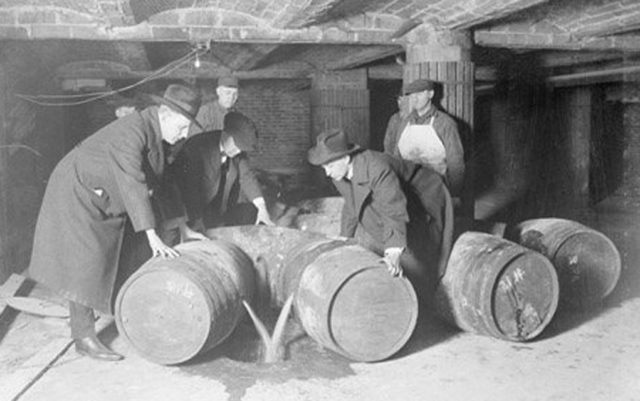
On November 7, 2012, the day after 55 percent of Colorado voters passed the legalization of marijuana, I got a call from my mom.
“I can’t believe Amendment 64 passed,” she said. “Back in the ’60s we fought for marijuana legalization, but I never believed it would actually happen.”
We expressed our mutual excitement with bated breath because it felt like what we were realizing was impossible. The joy of victory mixed with fear wound up feeling like disbelief. Colorado may have voted to legalize marijuana, but it was still federally illegal and no one knew if legalization was actually possible.
It turns out it was. And four years later, on November 8, 2016, marijuana legalization initiatives again showed up and in a big way in what the Washington Post calls a “watershed year for marijuana legislation.”
Both recreational and medical cannabis expanded with four states voting for legal markets (Nevada, California, Massachusetts and Maine) and Four states voting to adopt medical programs. When you add it all up, nearly one fifth of people in the United States now have access to legal marijuana.
With campaigns that seek to “regulate marijuana like alcohol,” it seems pro-marijuana groups have stumbled upon the winning formula to get initiatives passed making the pro-legalization argument logical without ruffling the feathers of prevailing prohibition.
Voters are enacting the power of federalism as they use democratic elections to force an accommodation of state law by federal institutions. Without the cooperation of 10 state level governments, it is becoming increasingly difficult for the feds to continue to enforce prohibition.
Consider the change from 2005 to 2012 as the federal government has moved its position from one of enforcing prohibition to one of accommodation.
The 2005 Supreme Court decision Gonzales v. Raich affirmed the right of Congress to criminalize the production of cannabis even if a state approved it for medical purposes, establishing a strong protection of the precedence of federal law.
But in August of 2013, then Deputy Attorney general James M. Cole issued a memo that represented a significant shift of government priorities away from strict enforcement of federal cannabis prohibition and toward a more hands-off approach, as long as certain tenets were upheld and precautions taken.
And so the votes in favor of marijuana legalization represent an important aspect of the promise of democratic elections to affect change even if the political powers that be do not welcome or solicit that change.
Ever since I was a kid I idolized the process of voting as a cornerstone of democracy — a process that was evidence not only of the power of the individual but of the humility of a government that could only claim its power in so far as it was granted by the people.
But this year as I dropped my ballot in the box, it wasn’t pride I felt but shame. From the top of the ticket down, my selections were made out of fear. I didn’t seek to embolden candidates or initiatives with the power of my endorsement but to keep power away from those I thought most dangerous. And in choosing between the lesser of evils, I felt complicit.
I never expected the vote I cast for marijuana would be the one to restore hope. Even when voting doesn’t live up to the idealized promises of democracy, when it seems to represent only the brokenness of our political system, cannabis represents progress.
Seeing the votes for marijuana legalization roll in, I remembered the feeling I had when Amendment 64 passed and Colorado took that big and rebellious step against prohibition and toward legalization. This is a similar, but more promising moment. The people at large are refusing to obey certain laws and commands of their government, not as a rejection of the system as a whole, but as a necessary part of its progression.














